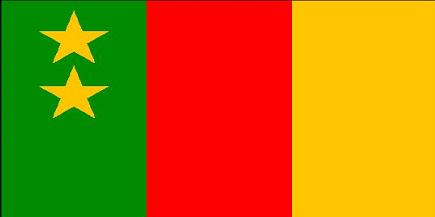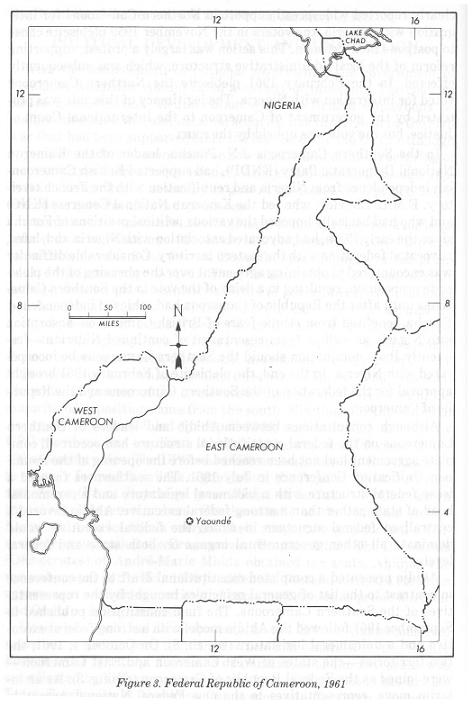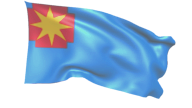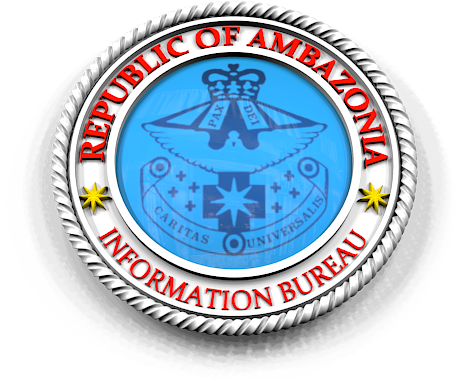 On 11 and 12 February 1961, two separate plebiscites were administered by the United Nations in the territories of the British Southern and Northern British Cameroons respectively. Final returns announced on February 15 showed that while the people of the Northern British Cameroons favored union with the Federation of Nigeria, the territory of the Southern British Cameroons voted to attain her independence by joining La Republique du Cameroun. On 21 April 1961, the United Nations General Assembly adopted a resolution accepting the results of the plebiscites on the future of the Southern and Northern British Cameroons.
On 11 and 12 February 1961, two separate plebiscites were administered by the United Nations in the territories of the British Southern and Northern British Cameroons respectively. Final returns announced on February 15 showed that while the people of the Northern British Cameroons favored union with the Federation of Nigeria, the territory of the Southern British Cameroons voted to attain her independence by joining La Republique du Cameroun. On 21 April 1961, the United Nations General Assembly adopted a resolution accepting the results of the plebiscites on the future of the Southern and Northern British Cameroons.
In July 1961, a constitutional conference on the nature of unification was held in Fomban. A guidelines for drafting the Constitution of the Federal United Republic of Cameroon were put together during this conference. La Republique du Cameroun undermined the recommendations for a loose federation, and imposed a constitution on the Southern British Cameroons. This constitution was never ratified by the Southern British Cameroons – it was never even discussed by either the Southern British Cameroons House of Chiefs or House of Assembly.
On 1 October 1961, the Southern British Cameroons attained independence and immediately united with La Republique du Cameroun, which had attained her own independence from France on 1 January 1960. The two countries adopted a two-state Federal system composed of La Republique du Cameroun (East Cameroun) and the newly independent state of the Southern British Cameroons (West Cameroon). The new country was called the Federal Republic of Cameroon.
In 1966, all the political parties in the Southern British Cameroons were coerced into dissolution in order to form one political party in the Federal Republic of Cameroon. This was a significant development of dictatorship in the Federal Republic of Cameroon. Honorable Augustine Ngom Jua, the elected Prime Minister of West Cameroon (Southern British Cameroons), was dismissed by President Ahmadou Ahidjo in 1966 during a ceremony in the Cameroon House of Assembly. This was undemocratic, as the mandate of the people was not sought. To succeed in this insidious plan, troops were massively deployed in the State of West Cameroon to crush any attempts to question this and other dictatorial acts against the people.
CONSTITUTION OF THE FEDERAL REPUBLIC OF CAMEROON




